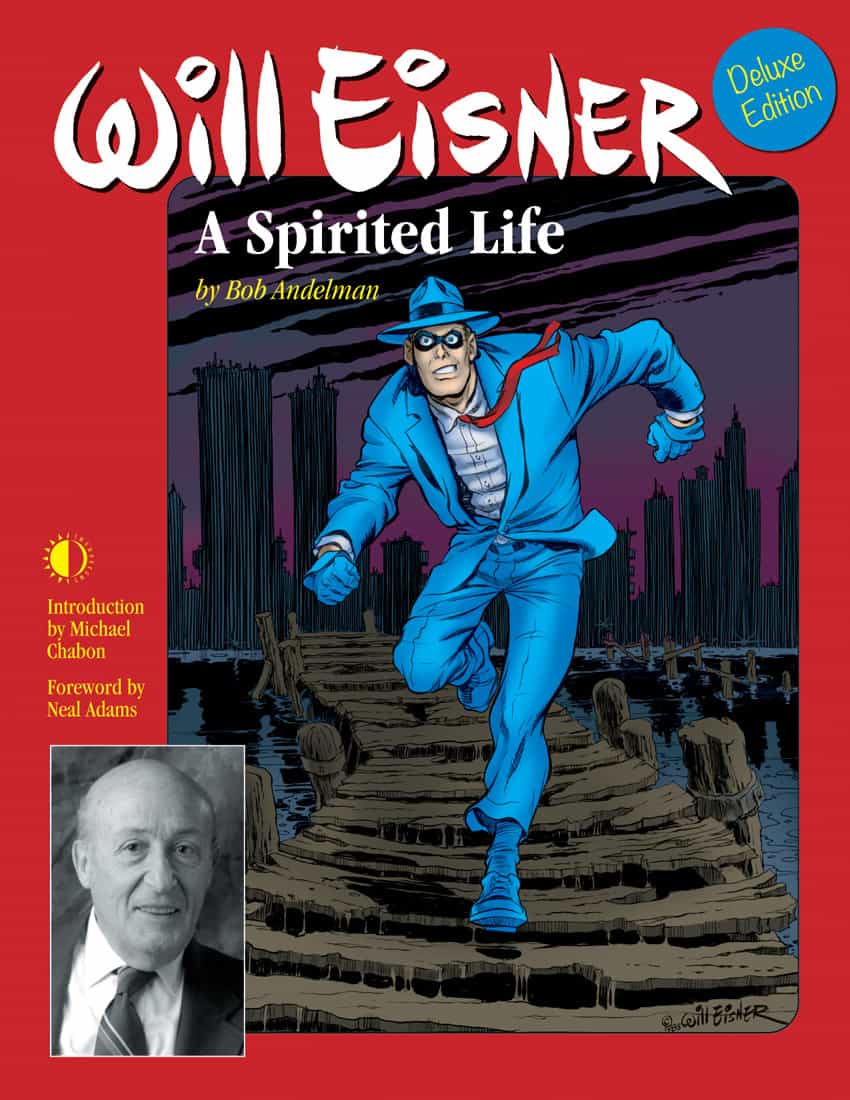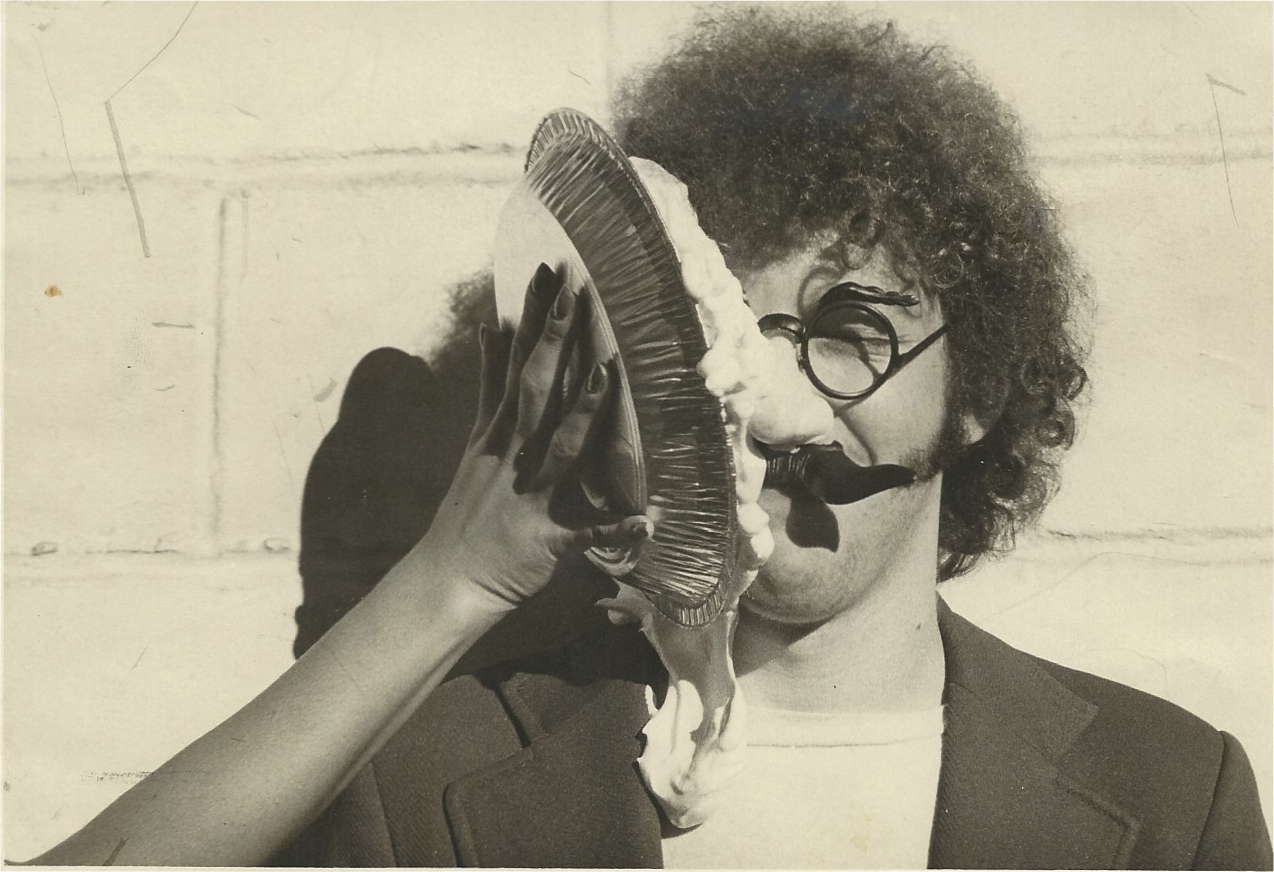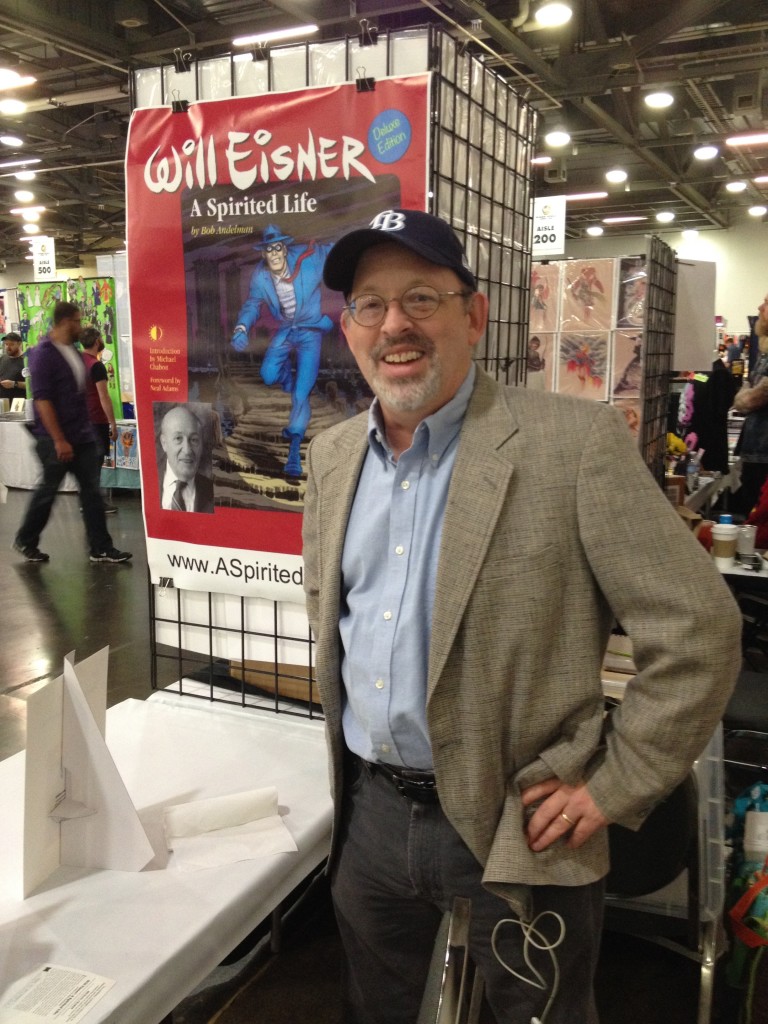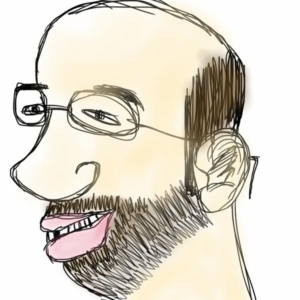(The following story first appeared in Tampa Bay Life Magazine in 1990 and was reprinted in the book Navigating the Yellow Stream.)
By Bob Andelman
First things first: I don’t smoke, drink or do drugs. Never have.
So, why did I fail my drug test?
It was May 1987 and the Tampa Tribune had just hired me to replace long-time pop music critic David Okamoto. To celebrate my first day on the job – and his last – Okamoto and I went to lunch. I ate a fried grouper sandwich on a poppy-seed bun and a root beer.
My second day on the job, I became only the second new employee of the newspaper to be subject to a drug test, which were then coming into vogue. I drove to a lab on West Kennedy Boulevard, peed in a cup and went back to work.
I wasn’t thrilled that the Tribune was subjecting me to this – it is an invasion of privacy at the very least – but I went along to show I could toe the company line. There was some justifiable hesitation to hiring a 26-year-old who had never had a full-time job despite years of being a correspondent for the Pulitzer Prize-winning St. Petersburg Times (which does not test employees for drugs) and other publications. I wanted to prove to the editors and myself that I could play the game.
And besides: I don’t smoke, drink or do drugs. Never have. There was nothing for me to worry about.
A few days after the test, a terse, middle-aged woman called me from the testing laboratory. She said I had tested positive for opium and heroin. The tests showed these drugs in my body.
“You’re crazy!” I screamed. “You obviously mixed up the tests.” She said that was impossible. I told her to run the tests again. She said they had already done that. I distinctly suggested that the test was flawed. She said the tests are infallible. She told me to take the matter up with the Tribune’s personnel department, which had already been informed of the positive results. I cursed her and hung up, stunned.
Personnel was quite dubious. Who wouldn’t doubt that a rock ‘n’ roll critic was a drug user? seemed to be the prevailing attitude. No one was surprised that I failed, which was extremely disheartening in terms of the way you are perceived. I took the matter up with my editors, who were uneasy. They knew my professional reputation to be pretty good but personally, they knew me not. To their credit – and my relief – they decided to support me.
Because I was one of the first Trib employees required to urinate for a paycheck, there was considerable interest in the newsroom in the results. My own loud anger made it easy for my deskmates to guess what was going on; I filled in one or two of them and word got around fast to the rest.
Features writer Warren Epstein, who now works with Okamoto at the Pulitzer Prize-winning Colorado Springs Gazette Telegraph (which does not test employees for drugs), had just read a wire story on the types of foods that can cause false results in drug tests. That’s when we developed the poppy-seed theory: Poppy is the plant from which opium is derived. We suspected that my grouper on poppy-seed bun skewed the tests.
(For the record, opiates are detectable in the bloodstream for two days.)
Expecting to clear myself, I called the lab back and described my lunch. The technician stonewalled me. Poppy-seeds, he bloodlessly informed me, do not affect urinalysis. I protested to no avail.
Armed with this information, however, former BayLife editor Judy Hamilton accompanied me to former managing editor Paul Hogan’s office. (The Tribune ain’t who it used to be.) Hogan clearly had his doubts. I was ready to tell him to shove my job. We agreed to a second, binding test. This time, Michael Kilgore (now assistant managing editor for features) would have the joyless task of watching me pee into yet another jar to be certain the results weren’t tainted. He literally followed the path of the liquid to the lab.
Then I waited. I fielded endless inquiries from my new colleagues at the Tribune – and my old friends at the St. Petersburg Times who knew me better and were astonished. What impressed me was how fast the results of my CONFIDENTIAL drug test were broadcast across two counties. I heard from people I hadn’t talked to in years, including story sources. Reporters are notorious gossips – especially about each other.
The results came back – negative. The lab tech who called this time denied the first test was flawed, but couldn’t argue the end result. No opium. No heroin.
I was cleared as far as the Tribune hierarchy was concerned, but for the six months I stuck around – things didn’t get much better after such a lousy start – I never quite felt the stigma was erased. People who got to know me realized I wasn’t stoned on or off the job, but those who didn’t know me and heard the story doubtless believed I had pulled a fast one.
The irony is this: Three years after the Tribune began drug testing of new employees, it reprinted an editorial from the Baltimore Sun which read, in part:
“It seems the black poppy seeds sprinkled on some bagels and rolls leave a residue in the system that may resemble heroin in urine sample tests.
“The seeds don’t make you high, of course. But try explaining to your boss that you weren’t really taking drugs Friday night – just pigging out on bagels and cream cheese.”
Or a grouper sandwich and a root beer.
David Okamoto Website • Facebook • Twitter • Instagram • Tumblr • YouTube • LinkedIn • Wikipedia • IMDB • Rotten Tomatoes • Goodreads

Order Will Eisner: A Spirited Life (2nd Edition) by Bob Andelman, available from Amazon.com by clicking on the book cover above!
 The Party Authority in New Jersey, Pennsylvania, Delaware and Maryland!
The Party Authority in New Jersey, Pennsylvania, Delaware and Maryland!


